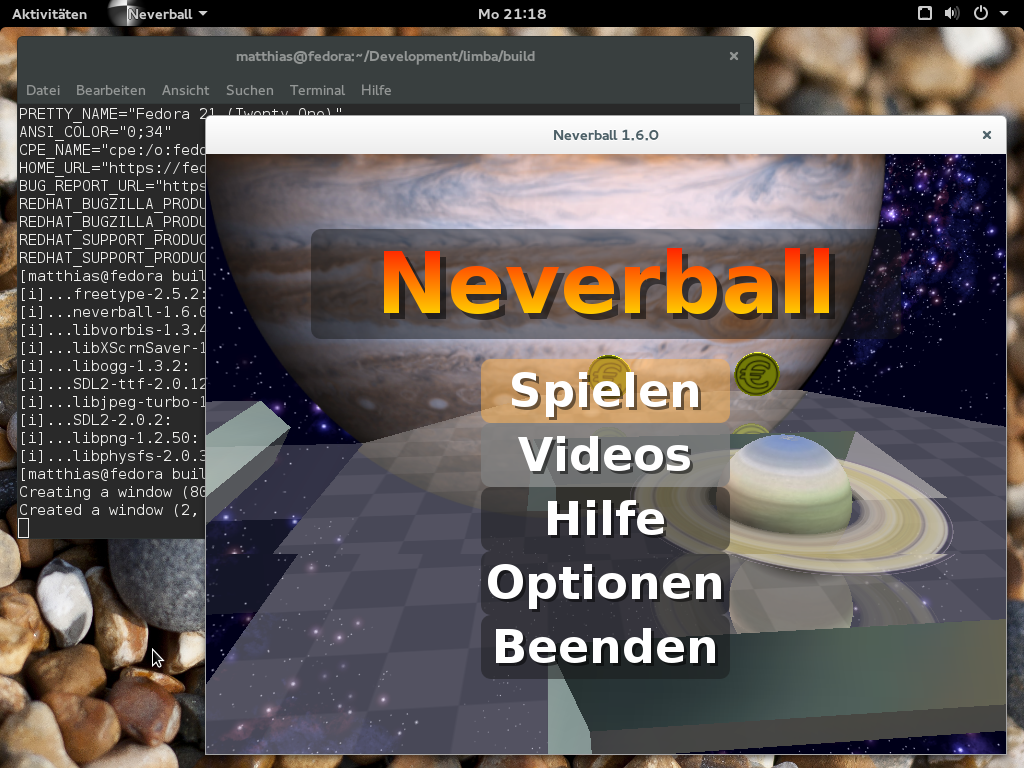Phoronix: Systemd Works On More Btrfs Functionality
With the systemd developers pursuing their vision for how distributions/software should be distributed, more Btrfs specific functionality is being added to the init manager...
With the systemd developers pursuing their vision for how distributions/software should be distributed, more Btrfs specific functionality is being added to the init manager...


 ) In 2001 I jumped on the portage(Gentoo) bandwagon and was hooked, used it exclusively for almost 6 years and wow did I learn a lot. I always found the Debian community offputting to the extreme and it took me quite a while to warm up to Ubuntu, which I really loved the first handful of years it was out. Now that I Grok the Debain/Ubuntu way I can work well with those systems and I usually install Mint nowadays for day to day stuff. Fedora I have only used infrequently and I have to admit the only time I get scared installing Linux anymore is dealing with Fedora. I grok Fedora/Redaht at roughly the same level as I grok Debain/Ubuntu, whereas I understand Gentoo,Funtoo and Linux from scratch. ( never used Slackware, or Arch). Some of the changes being envisioned by Poettering and friends represent radical changes in Linux land, which for the most part I welcome, however I wonder if these things ever come to fruition whether I will still be able to roll my own. From my perspective Nixos does already most of they want to do, just in a different fashion(and they don't have things like BTFS dedup/subvolumes etc.) I think Poettering gets a lot of bad press because he and his gang (
) In 2001 I jumped on the portage(Gentoo) bandwagon and was hooked, used it exclusively for almost 6 years and wow did I learn a lot. I always found the Debian community offputting to the extreme and it took me quite a while to warm up to Ubuntu, which I really loved the first handful of years it was out. Now that I Grok the Debain/Ubuntu way I can work well with those systems and I usually install Mint nowadays for day to day stuff. Fedora I have only used infrequently and I have to admit the only time I get scared installing Linux anymore is dealing with Fedora. I grok Fedora/Redaht at roughly the same level as I grok Debain/Ubuntu, whereas I understand Gentoo,Funtoo and Linux from scratch. ( never used Slackware, or Arch). Some of the changes being envisioned by Poettering and friends represent radical changes in Linux land, which for the most part I welcome, however I wonder if these things ever come to fruition whether I will still be able to roll my own. From my perspective Nixos does already most of they want to do, just in a different fashion(and they don't have things like BTFS dedup/subvolumes etc.) I think Poettering gets a lot of bad press because he and his gang (
Comment